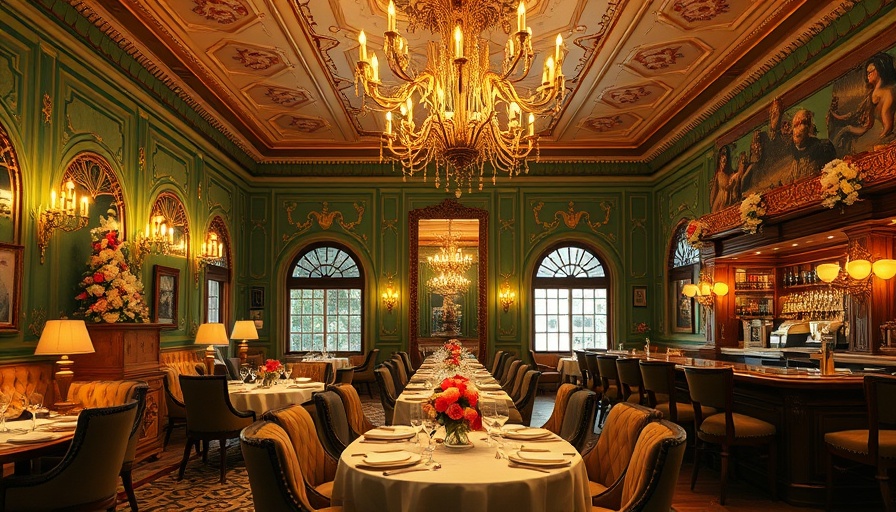
Brewing Change: The Impact of Starbucks Closures on Boston's Coffee Landscape
In an unexpected turn of events, nearly 20 Boston-area Starbucks locations have closed their doors, sending ripples through the city’s vibrant coffee culture. This move has raised pertinent questions among industry insiders and caffeine enthusiasts alike — what will become of the local coffee scene left in the wake of these closures?
The Local Response: Independent Cafes Ready to Step In
The closing of Starbucks, particularly in affluent neighborhoods and central hubs like Government Center, has opened new avenues for Boston's numerous independent coffee shops. Jennifer Park, owner of Diesel Cafe in Davis Square, notes that she has already welcomed unfamiliar faces from the shuttered Starbucks seeking a new place to enjoy their favorite brew. “We’re used to competition, but now our potential customer base is shifting,” Park stated, highlighting the opportunity for local cafes to capture new clientele.
The Evolution of Coffee Culture in Boston
Boston’s coffee scene is not built solely around chains like Starbucks; it has evolved substantially, shaped by historical events like the Boston Tea Party and subsequent developments in the coffee industry. As reported by Lux Cafe Club, the city transitioned from a tea-centric culture to a burgeoning coffee capital, where independent shops now thrive. Today, coffee houses in Boston are community hubs, each boasting unique offerings that reflect our current cultural landscape.
Market Saturation: A Double-Edged Sword
While opportunities may arise for local independent shops, there is also concern regarding saturation in the coffee market. Max Stein, owner of Tilde cafe, points out that the burgeoning coffee shop landscape could lead to an oversupply, affecting profitability for smaller cafes that might not see a significant influx of new customers. The continued competition among coffee shops may spur innovation, yet it could also dilute the customer base they rely on.
Maintaining Quality Amidst Change
One positive aspect of the current upheaval is the potential for independent cafes to emphasize quality and authenticity. As Boston’s coffee culture has shown, patrons are increasingly drawn to specialty coffee experiences. According to reference materials, cafes are now integrating sustainability and unique sourcing into their offerings, which speaks volumes to today’s socially-conscious consumers. This might also lead to a renaissance for coffee quality as local roasters and independent shops fill the gaps left by closures.
The Possibility of New Entrants and Innovation
As certain Starbucks locations become vacant, the opportunity for new entrants grows. New coffee concepts are entering the market, eager to adapt to evolving consumer preferences. Brands like Blank Street Coffee are already making waves as they carve out their own niche within Boston. If operated successfully, these newcomers could further reshape Boston's bustling coffee environment, creating an even more diverse tapestry of options for coffee lovers.
Final Thoughts: Space for Community and Connection
Ultimately, the Starbucks closures represent not just a loss for some, but a turning point for Boston’s coffee scene. As local shops anticipate a shift towards more engaged, community-focused experiences, the future of Boston’s coffee culture might be more robust than ever. For residents, it signals a chance to explore new familiar local spots and continue fostering the city’s beloved coffee culture. If anything, this moment underscores the importance of local engagement and supporting independent coffee making.
For those who love Boston’s coffee, this is a pivotal time to reflect on supporting local cafes that often mirror the city’s spirit of resilience and community. Explore your neighborhood cafes today and taste how Boston's coffee tradition continues to evolve and thrive.
 Add Row
Add Row  Add
Add 




Write A Comment